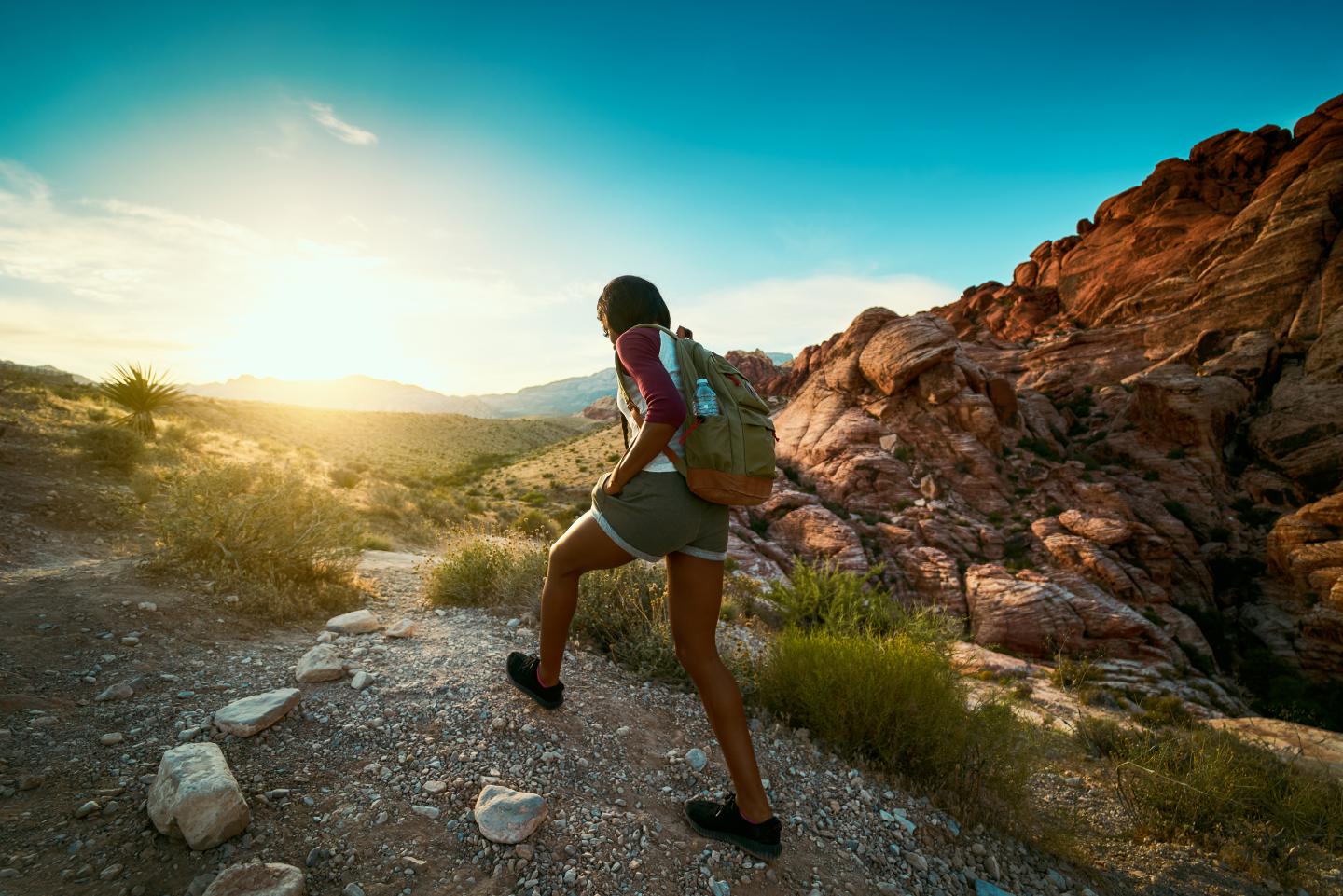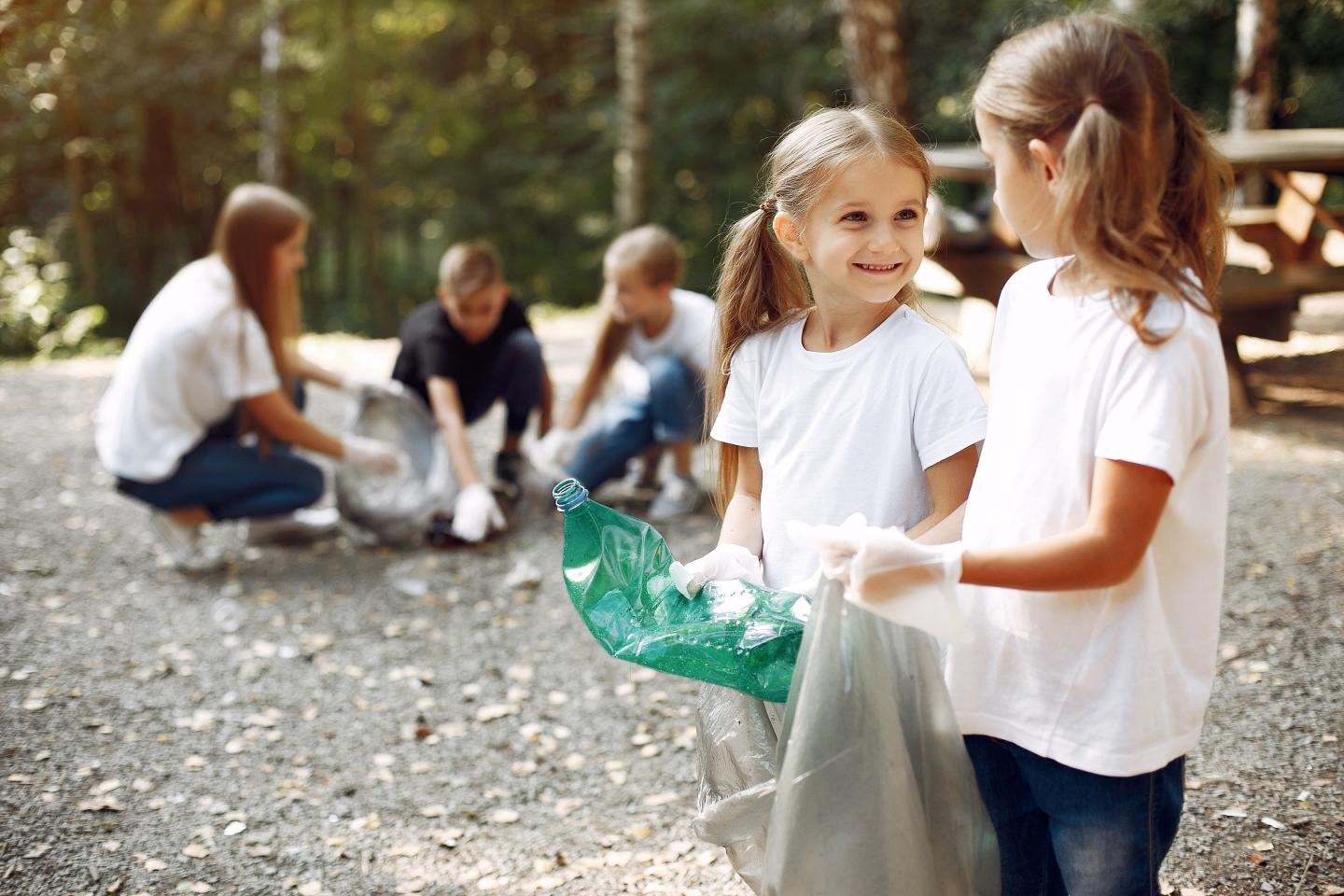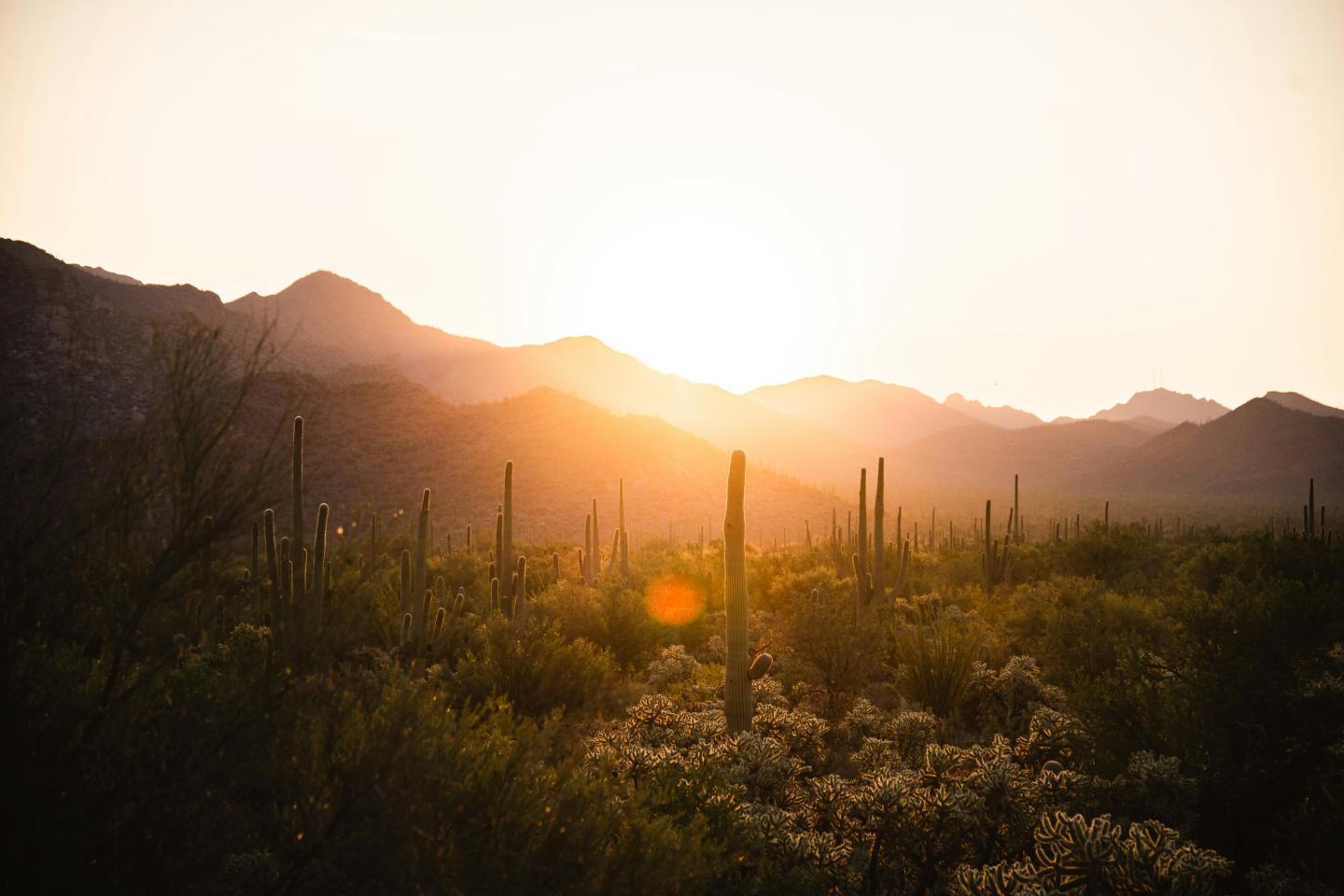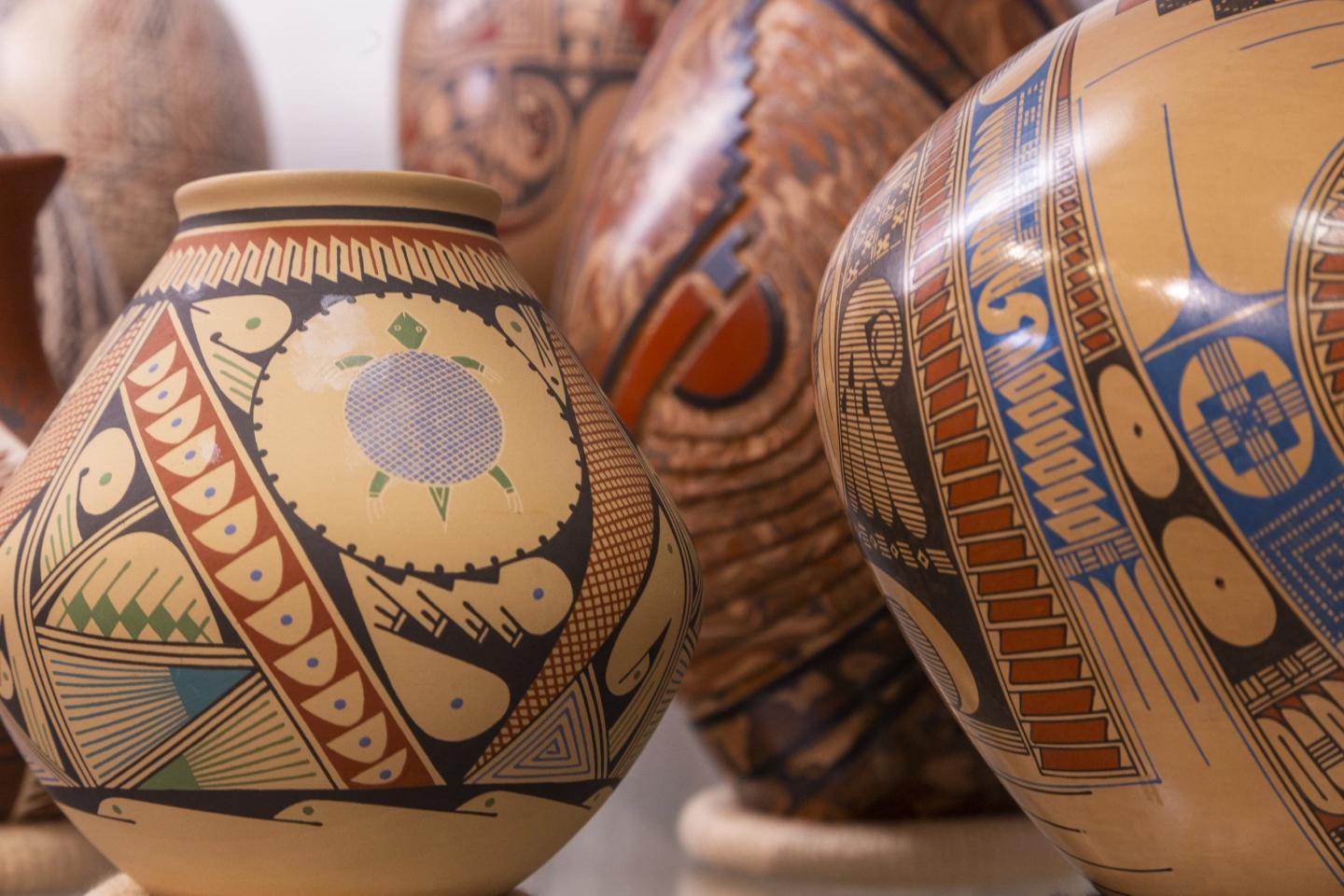
Poetry and National Parks Connect
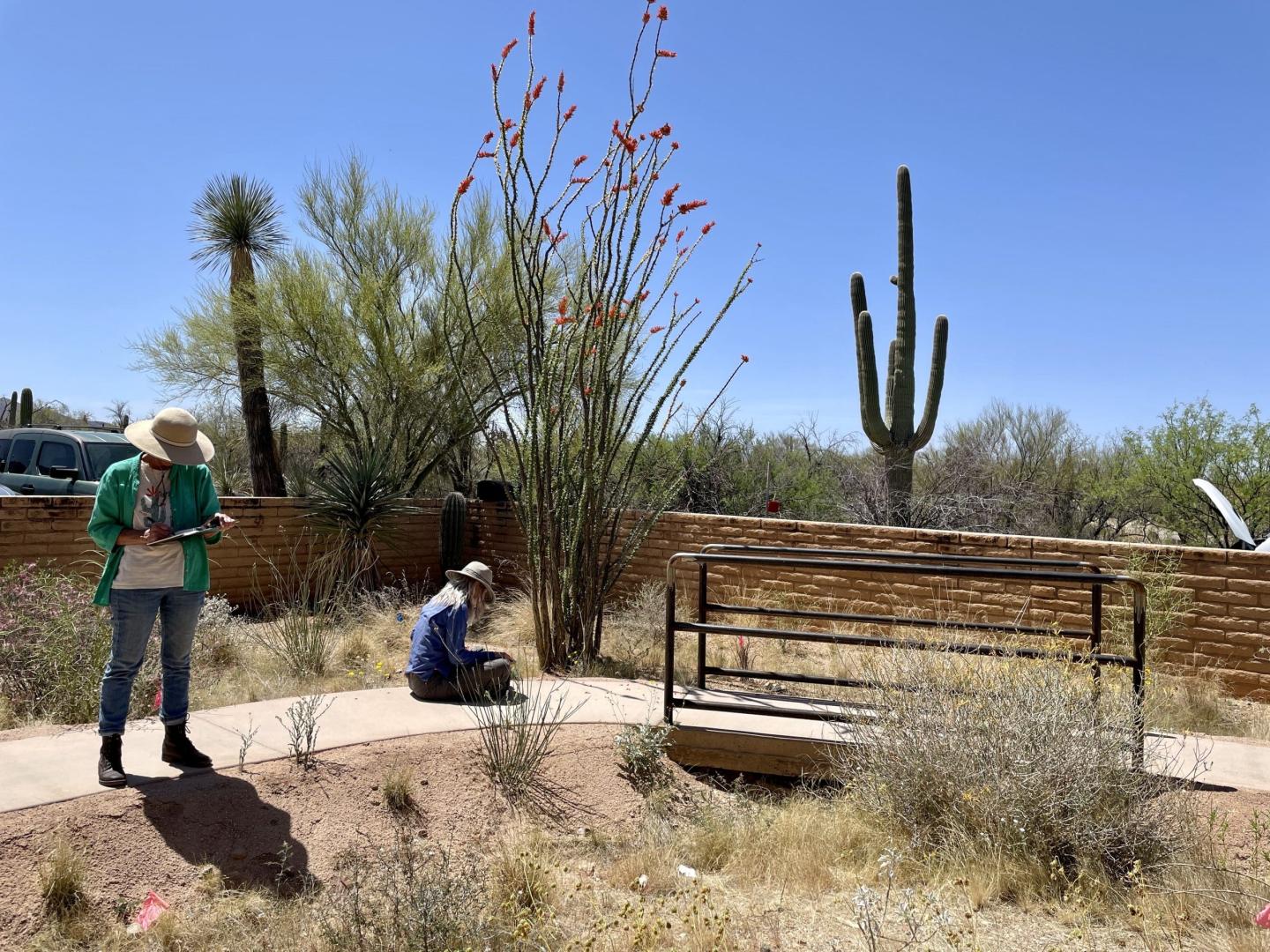
What do you see in an ocotillo? What do you think about a Sinagua cliff dwelling? Do you hear voices of the past at a Hohokam great house?
Participants will learn how to put voice to thoughts and experiences in a 2023 series of poetry workshops at several national park locations. Poetry in the Parks aims to encourage visitors to more deeply and personally connect with the parks’ nature, cultures, and histories.
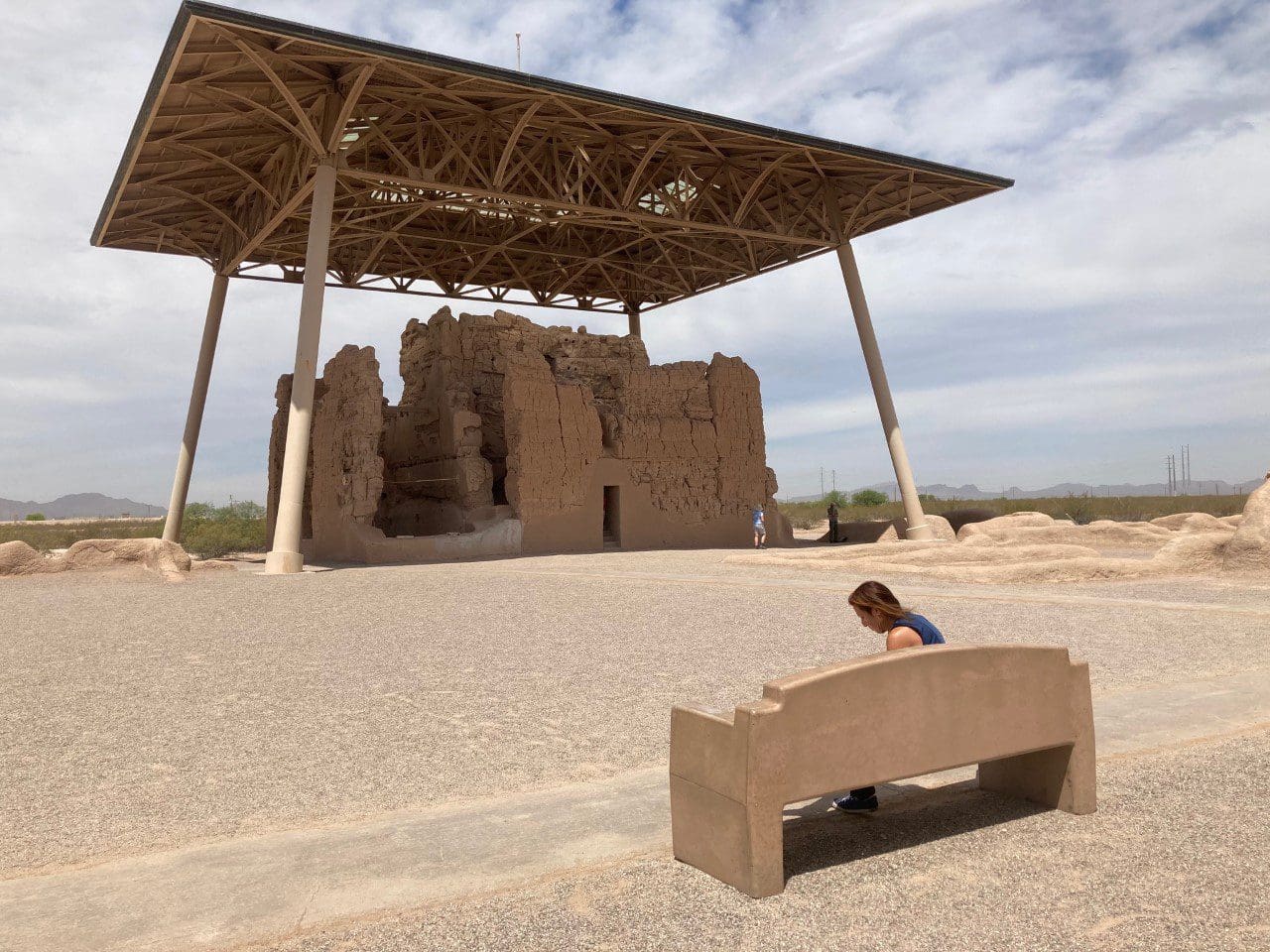
“When people go out into nature, they’re able to tap into their own personal truths,” said Jodie Hollander, a Colorado poet who ran six poetry workshops at Arizona locations this year. “There’s something about nature that brings up surprising truths or thoughts or feelings that we did not even know were there.”
Hollander, author of two poetry collections, was inspired to offer these workshops after a visit to Walnut Canyon National Monument. At the time, her Forest Service ranger husband worked at Coconino National Forest and she had an artist residency at the Museum of Northern Arizona.
“I thought, ‘God, this would be a wonderful destination for a poetry workshop,’” she recalled. Around the same time, Friends of Walnut Canyon National Monument approached her for help. After successful pilot workshops in 2019 at Walnut Canyon and Wupatki National Monument, the idea grew.
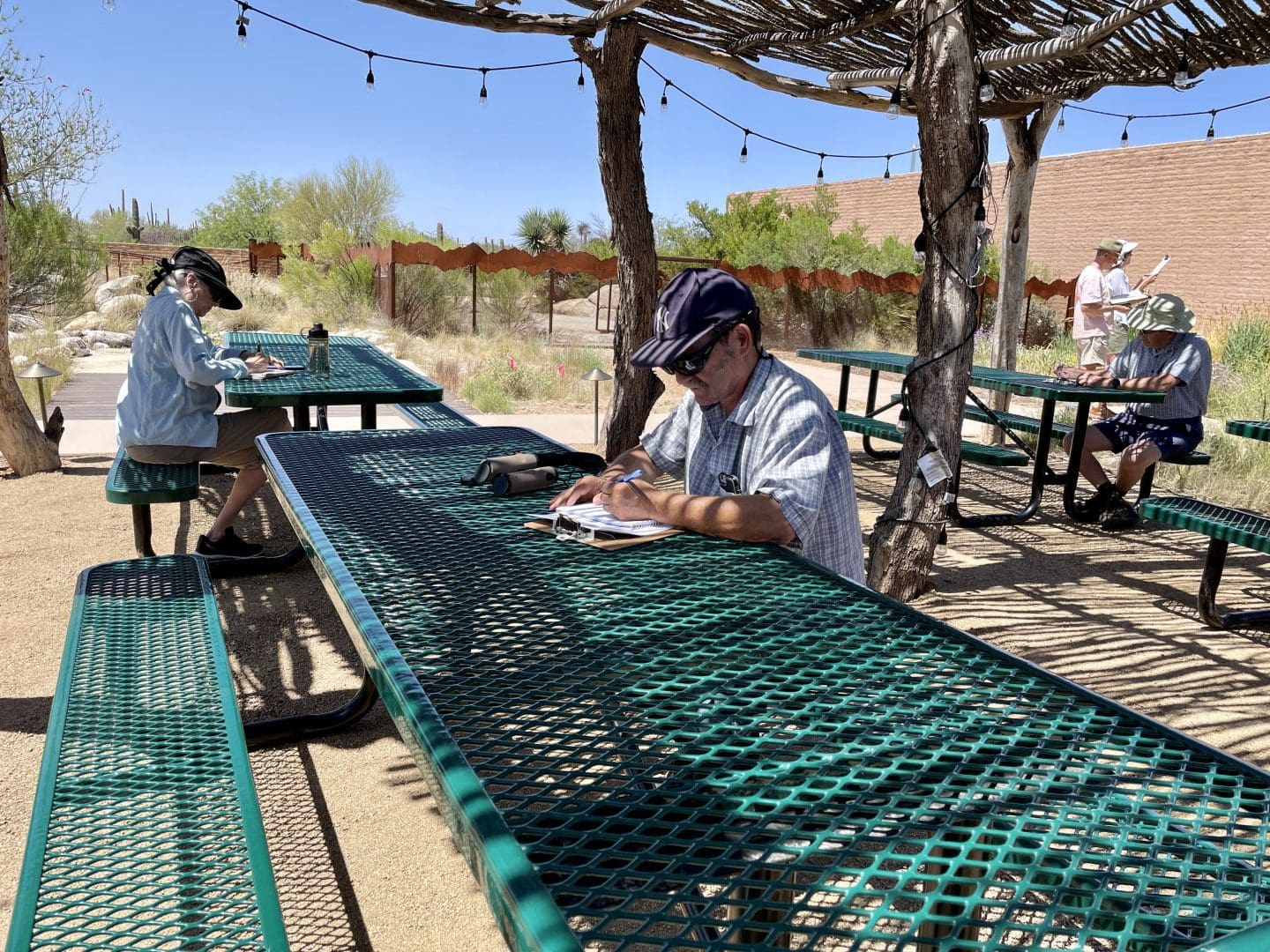
She ran this year’s sessions at Saguaro National Park, Casa Grande Ruins National Monument, Montezuma Castle National Monument, and Walnut Canyon National Monument. WNPA supported Hollander’s Casa Grande appearance and funded journals for the entire program’s 70-plus participants.
The 2023 schedule has not been set, but Arizona and California parks are clamoring for a slot.
Nature, especially public lands, provides “a sort of refuge from the rest of the world,” Hollander says, as does poetry.
“I want people to know that poetry, like our public lands, is for everyone, and it’s always available in some capacity when we need it.”
By: Elena Acoba
